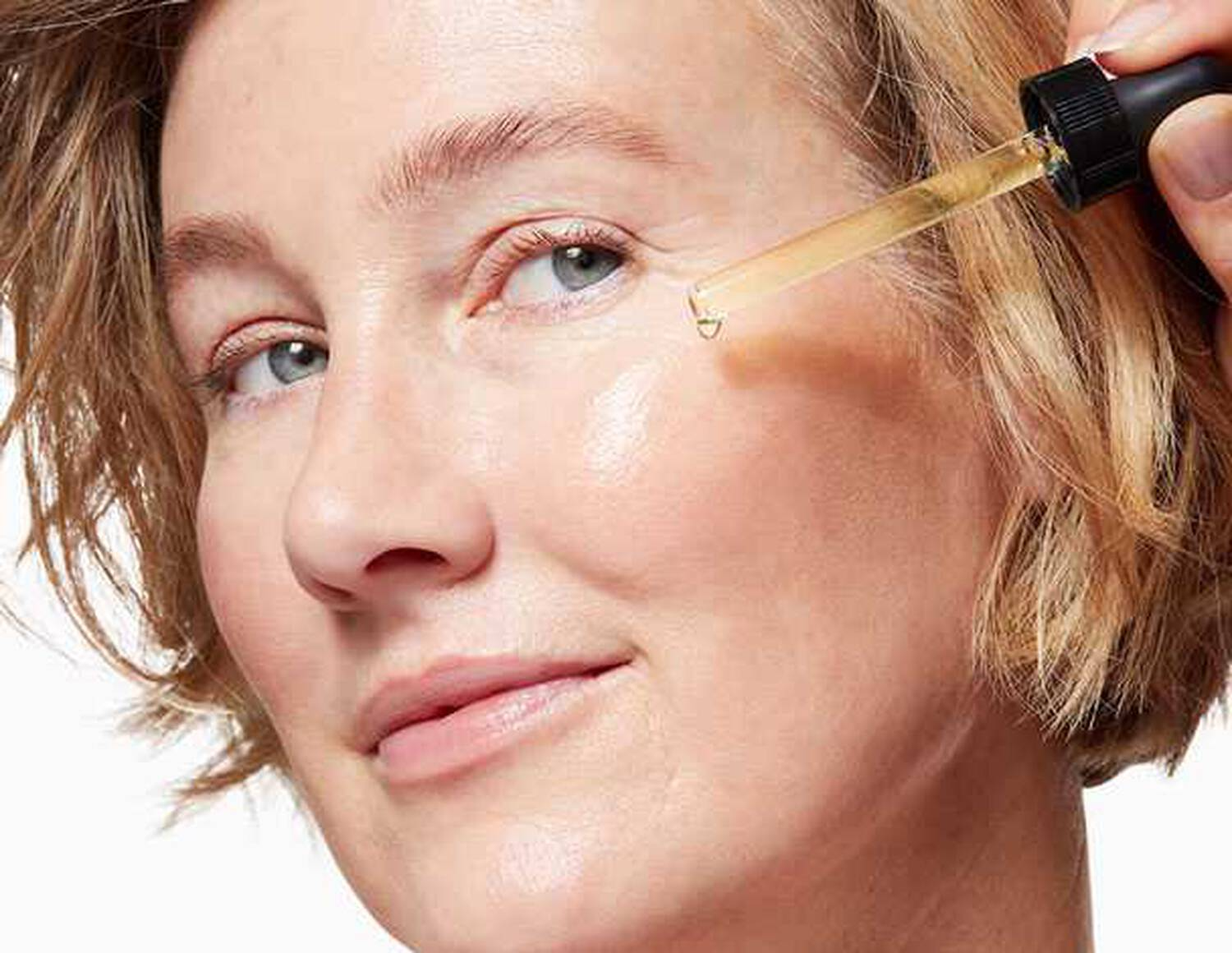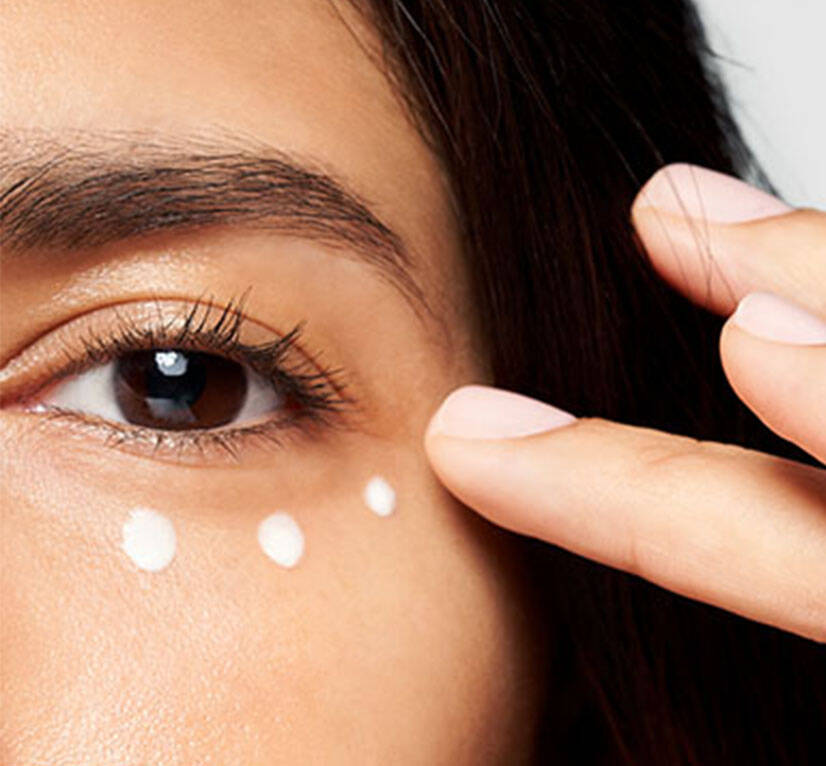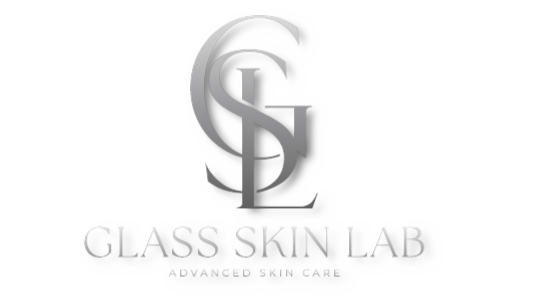
What causes wrinkles? Plus: Skincare tips for fine lines + wrinkles
Uncover the factors behind the formation of wrinkles and fine lines and gain insights on how to prevent and diminish them for a more youthful appearance.
Article Overview
- Fine lines and wrinkles are common skin concerns that occur due to factors like natural aging impacted by glycation, sun damage, and repetitive facial expressions.
- A.G.E. Interrupter Advanced is a product that contains proxylane, blueberry extract, and phytosphingosine. It helps to improve the appearance of fine lines and wrinkles, restore elasticity, and provide hydration to the skin.
- C E Ferulic is a potent combination of vitamin C, vitamin E, and ferulic acid. It helps to protect the skin against free radicals, stimulate collagen production, and reduce the appearance of fine lines and wrinkles, resulting in a smoother and more youthful complexion.
- A.G.E. Advanced Eye is an advanced eye cream that helps to improve the appearance of dark circles, puffiness, and fine lines around the eyes. It also addresses the loss of elasticity and firmness, resulting in a more youthful and refreshed eye area.
- Incorporating these products into your skincare routine can help address fine lines and wrinkles, improve skin elasticity, and promote a more youthful-looking complexion, giving you a smoother and rejuvenated appearance
Fine lines and wrinkles are a natural part of the aging process, and the difference between the two comes down to depth. Fine lines are shallower and tend to appear on thinner skin (such crow’s feet around the eyes) first. However, fine lines can become deeper wrinkles over time. Other areas that are prone tofine lines and wrinklesinclude the forehead and the area surrounding the mouth. Here, we’ll dive into what causes wrinkles on various parts of the face, and the ideal skincare products to help prevent their formation and improve their appearance.
What Causes Fine Lines + Wrinkles?
With age, proteins like collagen and elastin in the dermal layer of the skin begin to decline and breakdown, and they can no longer provide the internal support necessary for smooth, plump skin. In addition to the natural aging process, there are several other factors that lead to the development of fine lines and wrinkles, such as sun exposure, inflammation, smoking, pollution, alcohol consumption, and a diet high in sugar and processed foods. Free-radical damage and glycation are two cellular-level processes that compromise collagen and elastin—and they contribute to the formation of fine lines and wrinkles that can be accompanied by sagging skin.
It’s also important to understand that there are two types of wrinkles: Dynamic and static. Dynamic wrinkles are only visible when making certain facial expressions such as squinting or smiling. But with time, these repetitive muscle contractions can cause fine lines and wrinkles to become etched into the skin. On the other hand, static wrinkles are visible when the facial muscles are at rest.
Now that you know what causes wrinkles, here are answers to some of the most common questions about what leads to their formation.
Does dry skin cause wrinkles?
Although people with oily skin tend to have fewer wrinkles1, dry skin doesn’t necessarily lead to the formation of fine lines and wrinkles—but it can make their appearance more prominent.
Does stress cause wrinkles?
Stress prompts the production of a hormone called cortisol, which has been linked to a number of negative effects on the skin. These include impaired skin barrier function, decreased collagen function, and the promotion of inflammation.2
What causes forehead wrinkles?
Forehead wrinkles often begin as dynamic wrinkles that are the result of facial expressions. The combination raising your eyebrows repetitively over the course of your lifetime and the natural decline of collagen can cause these dynamic wrinkles to become static wrinkles.
What causes wrinkles under the eyes?
The skin beneath the eyes is especially thin and delicate, making this one of the first areas to show visible signs of aging. Among the most common causes are accumulated sun exposure (and a lack of adequate sun protection), environmental damage, and repetitive facial expressions.
What causes crow’s feet?
Crow’s feet are wrinkles on the outer corners of the eyes, and they generally begin as dynamic wrinkles caused by smiling or squinting. When coupled with the degradation of collagen and elastin caused by internal and external factors, crow’s feet can eventually remain visible when the face is at rest.
Does smiling cause wrinkles?
Smiling is a repetitive facial expression that can leave an indelible mark on skin around the eyes and on the sides of the mouth over time.
Does squinting cause wrinkles?
Yes, squinting can cause wrinkles. Repeated muscle contractions from squinting create fine lines and creases around the eyes, which can become permanent over time. To minimize the risk of fine lines and wrinkles caused by squinting, wear sunglasses and always apply sunscreen when you plan to be exposed to sunlight.
What causes crepey skin?
Crepey skin causes the skin’s surface to appear loose and thin. The main cause of crepey skin is accumulated sun damage that breaks down the collagen and elastin that allow the skin to stretch and “bounce back.”
Does makeup cause wrinkles?
No, makeup does not cause wrinkles. However, makeup can settle into fine lines and make these wrinkles appear more prominent.
How to Improve Wrinkles with SkinCeuticals
An anti-aging skincare regimen can help prevent and improve the appearance of fine lines and wrinkles in several ways.
Topical antioxidants: Using topical antioxidant serums formulated with l-ascorbic acid at the proper concentration and pH has been shown to neutralize free radicals generated by environmental aggressors that can contribute to fine lines and wrinkles. The synergistic blend of vitamin C, vitamin E, and ferulic acid found in our C E Ferulic antioxidant serum has been proven to improve the look of existing fine lines as well. SkinCeuticals also offers AOX+ Eye Gel, a vitamin C-based serum that protects delicate, vulnerable skin around the eyes while improving the appearance of fine lines and dark circles.
Exfoliating products: Ingredients like glycolic acid and other alpha-hydroxy acids, salicylic acid, and specially-formulated exfoliating compounds such as the hydroxyethyl urea/aminosulfonic acid (HEPES) found in our Retexturing Activator can help reduce the build-up of dead skin cells and enhance skin smoothness.

CORRECTIVE MOISTURIZERS: Moisturizers enhance skin hydration levels to plump and smooth the skin, in turn improving the appearance of fine lines and wrinkles. OurA.G.E. Interrupter AdvancedandA.G.E. Eye Complexare formulated with a potent blend of ingredients that specifically target glycation-related fine lines and wrinkles.Hyaluronic acidis another beneficial ingredient for reducing the appearance of fine lines and wrinkles because the hydration it provides has an instant-skin-plumping effect.
Retinol: One of the most studied anti-aging skincare ingredients, retinol promotes cell turnover and as well as the production of supportive skin proteins to help smooth the appearance of fine lines and wrinkles, crow’s feet, and forehead wrinkles.
Sun protection: Using a broad-spectrum sunscreen ddaily is crucial for protecting the skin from damaging UVA and UVB rays. SkinCeuticals offers an array of sun-protection options, including Physical Fusion UV Defense SPF 50. This tinted mineral-based sunscreen also boosts radiance for a more even, luminous complexion.
How to Improve Wrinkles with Professional Treatments
A combination of anti-aging skincare and professional, office-based treatments and procedures such as injectable fillers and neurotoxins, lasers, and chemical peels can provide more significant improvement in fine lines and wrinkles.
To discover how to improve wrinkles with a skincare regimen that’s customized for your skin’s unique needs, use our online Regimen Finder, visit one of our SkinCeuticals SkinLab locations, or schedule an appointment with a SkinCeuticals Skincare Professional for a one-on-one consultation.
Next: Our Guide to AHAs
